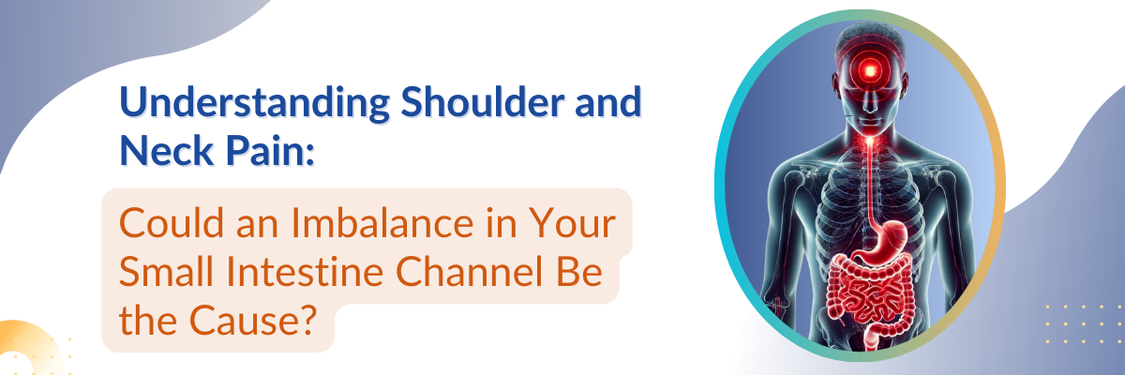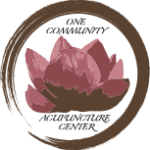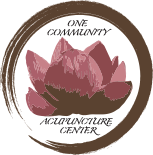
Do you find yourself constantly dealing with tension in your neck and shoulders, no matter how much you stretch or rest? It’s a common issue for many of us, especially when life is busy and stressful. But what if the root cause of your discomfort isn’t just physical? In Traditional Chinese Medicine (TCM), there’s a fascinating connection between the Small Intestine channel and the pain you might be experiencing. This could be the key to understanding—and ultimately relieving—your persistent pain.
Pathway of the Small Intestine Channel
The Small Intestine channel begins at the ulnar side of the tip of the little finger, travels up the arm along the posterior side, moves over the shoulder blade, and then travels up the neck to the ear. This pathway directly connects the arm, shoulder, neck, and head, meaning any disruptions or imbalances in the SI channel can manifest in these areas.
Imbalance in the Small Intestine Channel
An imbalance in the Small Intestine channel can arise from various factors, such as:
- External factors: Exposure to wind, cold, or dampness, which can cause stagnation or blockages in the meridian.
- Internal factors: Emotional stress, improper diet, or overwork, which can lead to an imbalance in the organ’s function.
- Qi stagnation: If the flow of Qi (vital energy) along the SI channel is blocked or disrupted, it can lead to pain or discomfort along the channel’s pathway.
Connection to Shoulder and Neck Pain
- Meridian Pathway: Because the SI channel passes through the shoulder and neck, any stagnation or blockage of Qi in this meridian can directly result in pain or tension in these areas. For example, external factors like wind-cold invasion can cause the channel to become obstructed, leading to pain, stiffness, or a sense of heaviness in the neck and shoulders.
- Referred Pain: In TCM, pain in the shoulder or neck can sometimes be referred from other areas of the body. For instance, if there’s an internal imbalance in the small intestine organ, such as improper digestion or excessive heat, this can manifest as discomfort in the areas governed by the SI channel.
- Emotional Connections: The Small Intestine is related to the mental function of discernment—making decisions, sorting and organizing thoughts. Emotional stress, overthinking, or difficulty in making decisions can cause stagnation in the SI channel, which might present physically as tension or pain in the neck and shoulders.
- Associated Channels: The Small Intestine channel is also closely related to the Heart channel in TCM, as they are paired in the Fire element. Imbalances in the Heart (such as emotional stress, anxiety, or insomnia) can affect the Small Intestine channel and vice versa, potentially leading to tension in the upper body.
TCM Approach to Treatment
To address shoulder and neck pain related to an imbalance in the Small Intestine channel, a TCM practitioner would:
- Acupuncture: Insert needles at specific points along the SI channel, particularly on the hand, arm, shoulder, and neck, to restore the flow of Qi and alleviate pain.
- Herbal Medicine: Prescribe herbal formulas that harmonize the Small Intestine, reduce heat, or dispel wind-cold, depending on the nature of the imbalance.
- Cupping or Gua Sha: Use these techniques on the neck and shoulders to relieve stagnation and promote the free flow of Qi.
- Lifestyle Adjustments: Recommend dietary changes, stress management techniques, and proper physical activity to support overall balance in the Small Intestine channel.
Shoulder and neck pain may seem like a minor inconvenience, but leaving it untreated can lead to more chronic and complex issues. An imbalance in your Small Intestine channel could be signaling that your body needs more attention and care. By addressing this pain with acupuncture, you’re not only targeting the symptoms but also working to restore balance to your entire system, preventing further complications down the road. Don’t wait for the pain to become a bigger problem—take action now to find relief and improve your overall well-being.













